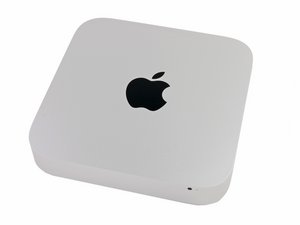What kind of SATA connection have Mac mini Late 2012?
Hello,
I see that Mac mini Late 2012 have a Hitachi HTS545050A7E362 HDD
What kind of SATA connection have that Hitachi HDD?
And what kind of SATA connection have Mac mini Late 2012? SATA II or SATA III?
Regards
Questa è una buona domanda?

 1
1  2
2 
 970
970